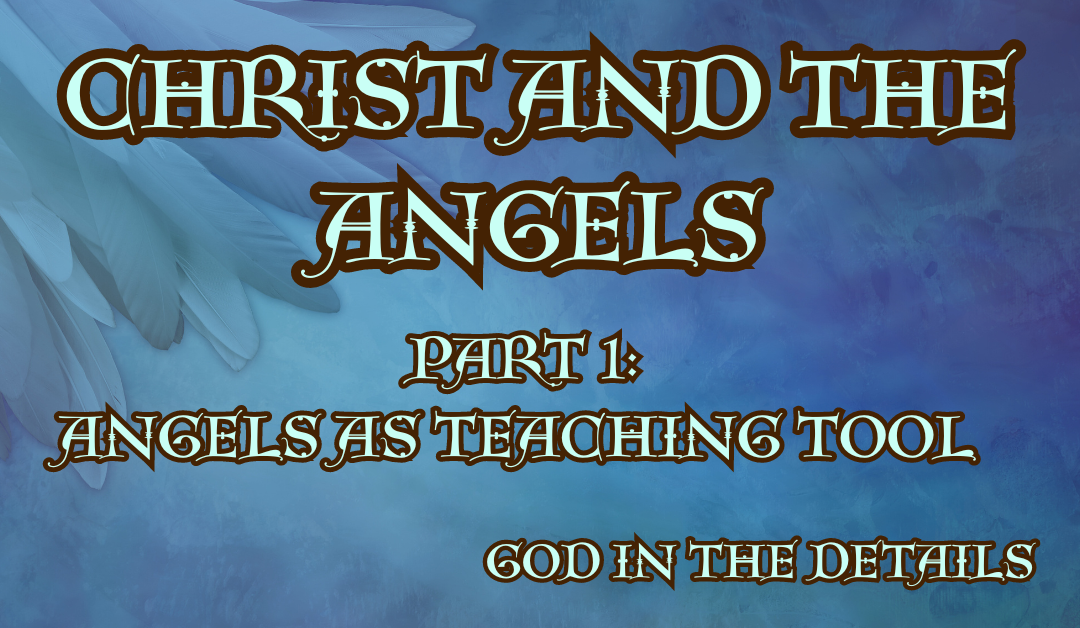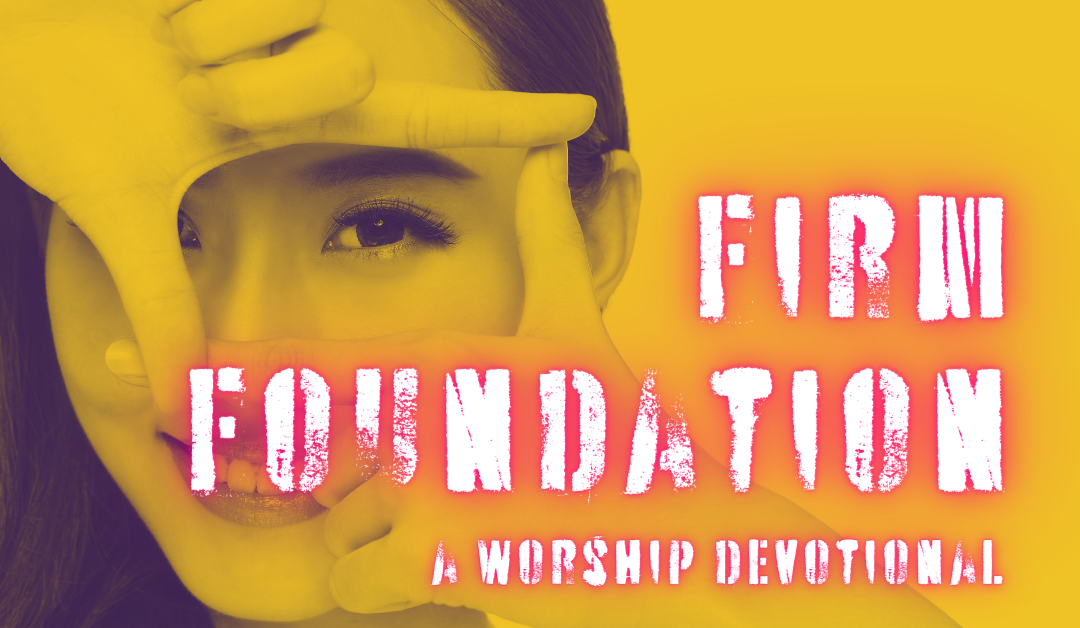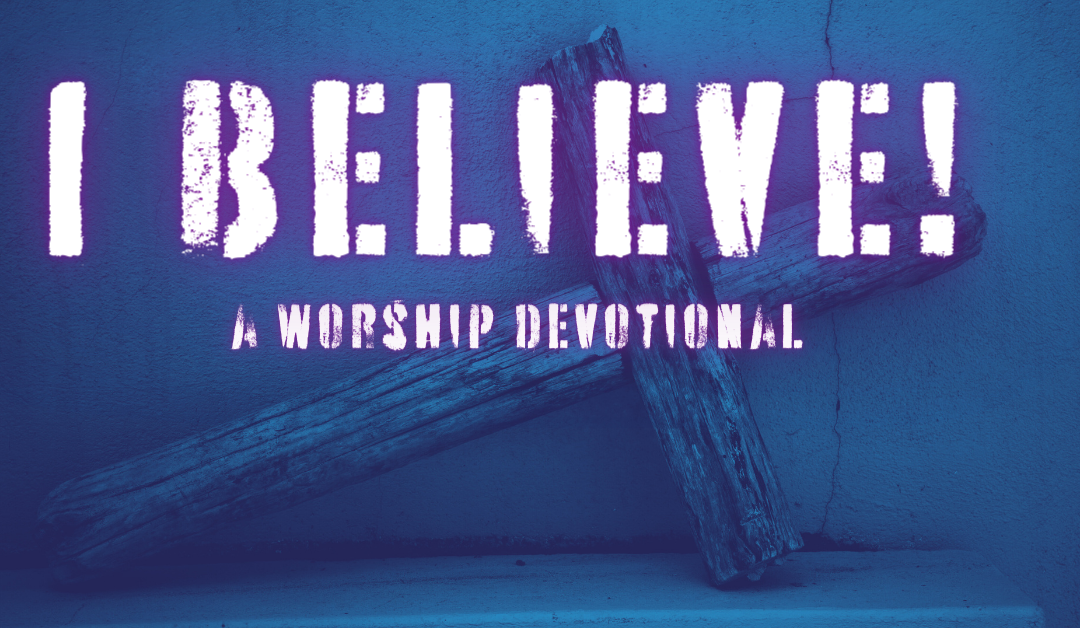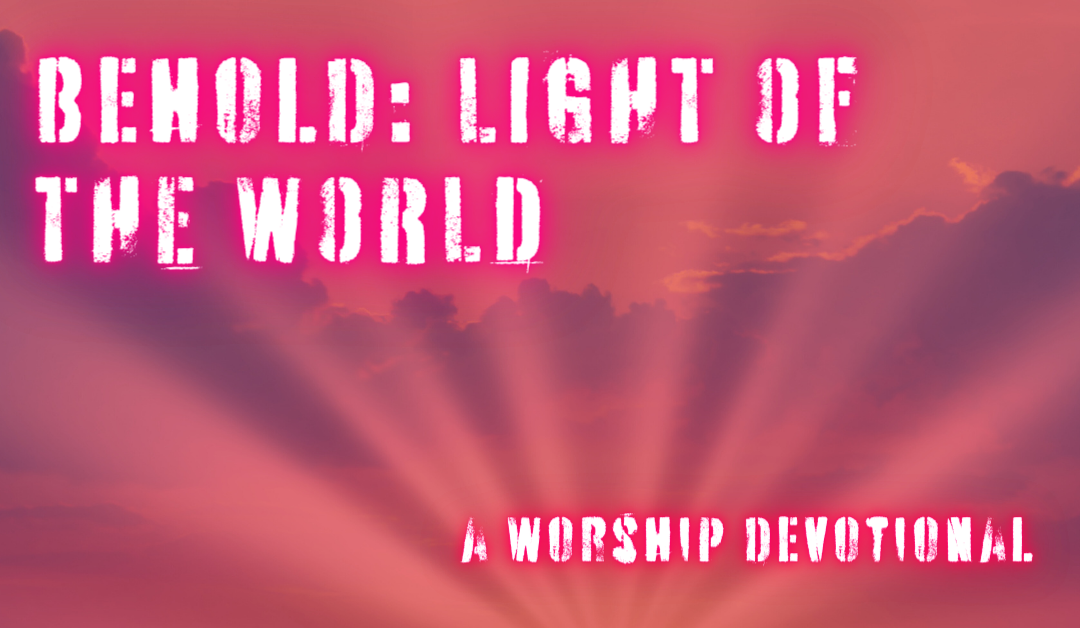
Christ and the Angels: The Sceptre of His Kingdom
In Hebrews 1:8 we find that Christ is God – and God Himself confirms it – we read:
“But unto the Son he saith, Thy throne, O God, is for ever and ever: a sceptre of righteousness is the sceptre of thy kingdom.”
God Himself says unto the Son – Thy throne, O God, is for ever!
Deuteronomy 6:4: and John 1:1: it is confirmed – God is one and we know that He would never do or say anything contradictory His word – therefore Christ is God!
In the same verse also we read that ‘a Sceptre of righteousness is the Sceptre of thy kingdom.’ Christ lived a spotless life on Earth – unblemished and pure – He lived a righteous life. In Psalm 1 we read that it is the righteous man who is like a tree planted by mighty rivers – but that the wicked is like chaff blown in the wind. This translates into life as follows – He who is firmly rooted in Christ (The source of Living Water) shall live a righteous life (Being as a tree planted by the Living Waters). Righteousness is the core of His teaching, His life and His ministry and is therefore also the centre of His kingdom – the Sceptre of His Kingdom!
We also find that He has authority over all things – if righteousness is the Sceptre of His Kingdom – than He must be the King. In verse 13 we read:
“But to which of the angels said he at any time, Sit on my right hand, until I make thine enemies thy footstool?”
And Peter on the day of Pentecost shared the following with the crowd:
“This Jesus hath God raised up, whereof we all are witnesses. Therefore being by the right hand of God exalted, and having received of the Father the promise of the Holy Ghost, he hath shed forth this, which ye now see and hear. For David is not ascended into the heavens: but he saith himself, The LORD said unto my Lord, Sit thou on my right hand, Until I make thy foes thy footstool.” (Acts 2:32-35) (KJV)
It is Christ who is the exalted right hand of God – the Holy One who saw no corruption – who loosened the pains of death. Jesus – being raised up in glory and seated on the Throne of God.
In verse 9 we read that Christ has been anointed with the oil of gladness by God – because He has loved righteousness. Christ is the Holy and Anointed One. He is the Priest, Prophet and King of the world!
He is the eternal and unchanging one.
Hebrews 1:10-12:
“And, Thou, Lord, in the beginning hast laid the foundation of the earth; and the heavens are the works of thine hands: They shall perish; but thou remainest; and they all shall wax old as doth a garment; And as a vesture shalt thou fold them up, and they shall be changed: but thou art the same, and thy years shall not fail.”
Daniel has this vision in Daniel 7:13-14:
“I saw in the night visions, and, behold, one like the Son of man came with the clouds of heaven, and came to the Ancient of days, and they brought him near before him. And there was given him dominion, and glory, and a kingdom, that all people, nations, and languages, should serve him: his dominion is an everlasting dominion, which shall not pass away, and his kingdom that which shall not be destroyed.”
We see once more His authority in the Daniel passage, but we also read in the fourteenth verse that His kingdom is everlasting – that His kingdom, His dominion, shall not be destroyed, nor shall it ever pass away.
The author of the book of Hebrews states that all things may perish, but Christ shall never perish – that His dominion is forever. He states that all things will grow old and fade, and may be folded by Him and changed – but He is the same forever!
Eternal and unchanging.
In verse thirteen the question is asked – to which of His angels has He said, at any time – sit at my right hand until I make thine enemies thy footstool?
In verse 9 we read that God has anointed Him, has chosen Him above His fellows, but in the thirteenth verse we find that He is exalted above His enemies as well, that they are His footstool. Glorious!
Christ has been chosen, anointed, above all things – every living creature, and principality – He has been exalted above all things on Heaven and in Earth.
Ephesians 1:21-22: testifies of this fact when Paul states that Christ is:
“Far above all principality, and power, and might, and dominion, and every name that is named, not only in this world, but also in that which is to come: And hath put all things under his feet, and gave him to be the head over all things to the church,”
Although angels are holy and immortal (Luke 9:26, Luke 20:36) – and possessed of certain supernatural qualities, they can not even begin to compare to the omnipotence, omniscience and omnipresence of the Lord, neither are they necessarily eternal. They have their imperfections (Job 4:18, 1 Pet 1:12) and, as the Bible implies, are also vulnerable to temptation (Matt. 25:41, Revelation 12:7,9). Finally, and this should go without saying, they are definitely NOT to be worshipped (Col 2:18, Rev 19:10). Instead, their function is to worship God and reveal God so that others might worship Him.
Angels were feared and respected in ancient times as the executors of God’s estate – carrying out the will of God. But Jesus…
Jesus is higher than the angels – righteousness is the Sceptre of His Kingdom. He is the Eternal and Unchanging One, anointed with the oil of gladness. The Earth is His footstool. He is the Exalted Right Hand of God, seated on the Throne forever and ever.
Jesus is the Hand of God reaching down Himself to establish His Kingdom here on Earth.
Reflect:
1. What kind of feelings do the phrases “a Sceptre of righteousness is the Sceptre of Thy Kingdom” and “the Earth is Thy footstool” elicit in you? What kind of images do these phrases bring to mind? How does this affect the way you live your day to day life?
2. The Book of Hebrews does a good job of employing the cultural, religious and spiritual emblems and symbols of the day to describe the Godhood of Jesus Christ. What are some ways we can engage with and employ the culture of our day to share the Majesty and Power of Christ and His Kingdom?
3. Looking at Hebrews chapter 1 we see a collage of quotes. The author uses it convincingly to make the case for Christ and His Cross. How can we better make use of the spiritual discipline of Bible study to connect the dots between the Old and New Testaments to create a fuller and more compelling vision of Christ and His Kingdom?
Prayer:
Lord, as I take the time to think about the deeper things of Your Word, open up a deeper understanding. Help me gain insight, let me wisely discern the connections between the Old Testament and the New. Help me see and experience the fullness of Your Kingship in my life – Jesus, help me see the fullness of Your Godhood – and give me the right words to bring this across in my personal mission field. Come and reign in every facet of my life. Come and be glorified in the comings and goings of my day to day life. Yours is the Kingdom, the Glory and the Power. Forever and ever. Amen.




